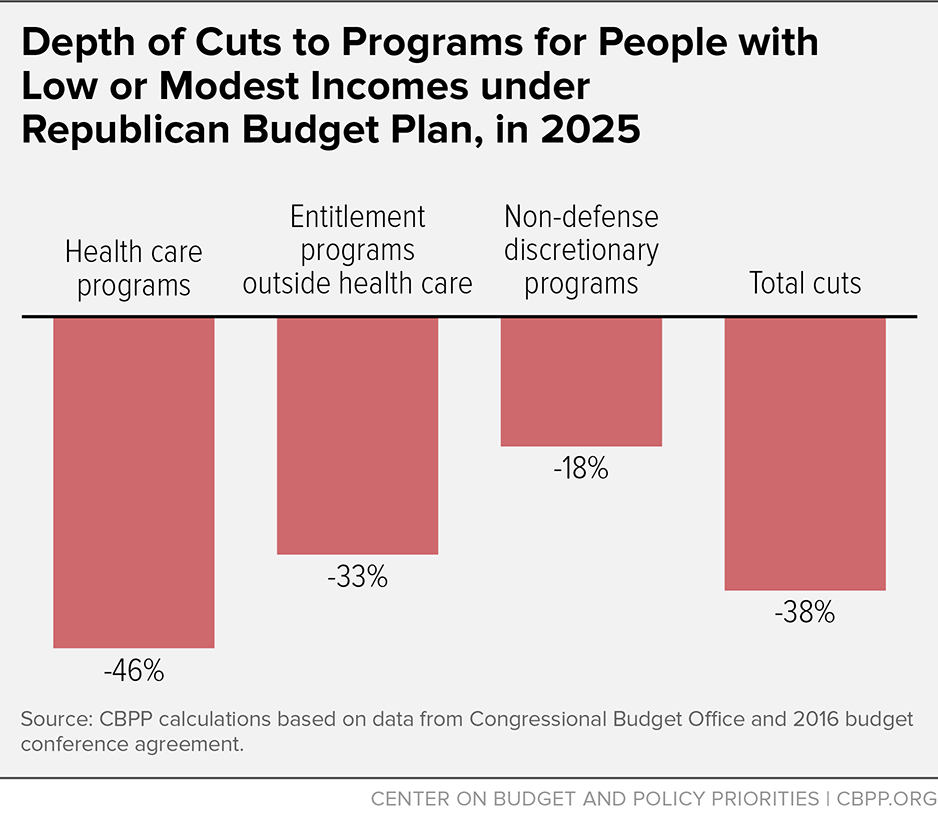The Unending Nightmare: Gaza Hostage Situation And Its Impact On Families

Table of Contents
The Emotional Toll of Uncertainty
The agonizing wait for news and the persistent lack of concrete information are major sources of stress for families caught in the Gaza Hostage Crisis. The emotional rollercoaster is amplified by conflicting reports and rampant rumors, fueling anxiety and despair. Mental health challenges are widespread, with PTSD, anxiety, and depression becoming common companions for those affected. This constant emotional strain significantly impacts their daily lives.
- Constant fear: Families live in a state of perpetual fear for the safety and well-being of their captured loved ones. The uncertainty is excruciating, leaving them feeling helpless and vulnerable.
- Sleep deprivation and cognitive impairment: The intense worry leads to sleep deprivation and difficulty concentrating, impacting their ability to work and maintain daily routines.
- Strained relationships: The immense pressure and emotional burden often strain relationships within families, creating further challenges during an already incredibly difficult time.
- Increased reliance on support networks: Families increasingly rely on their support networks – family, friends, and community – for emotional, practical, and sometimes financial assistance. However, even these resources can be strained by the sheer scale of the crisis.
Financial and Economic Hardship
The Gaza Hostage Crisis often disrupts livelihoods and exacerbates existing economic inequalities. Many families experience a loss of income due to their inability to work, displacement from their homes, or the closure of businesses impacted by the crisis. This financial strain adds another layer of complexity to an already devastating situation, further hindering their ability to cope.
- Difficulty meeting basic needs: Many families struggle to meet their basic needs, such as food and shelter, as their income dries up.
- Job losses: The crisis's impact on businesses often leads to job losses, leaving families struggling to make ends meet.
- Increased medical expenses: The stress-related illnesses arising from the Gaza Hostage Crisis lead to increased medical expenses, adding to the already significant financial burden.
- Reliance on humanitarian aid: Many families become heavily reliant on humanitarian aid and charitable organizations for survival, highlighting the dire economic circumstances created by this event.
Social and Community Impacts
The Gaza Hostage Crisis strains community resources and social support structures. Affected families often face increased social stigma and marginalization, exacerbating their sense of isolation and vulnerability. The crisis disrupts education and social activities for children and youth, impacting their development and well-being.
- Erosion of community cohesion: Fear and division can erode community cohesion, making it harder for families to find support and solidarity.
- Overwhelmed mental health services: The increased demand for mental health services often exceeds the available resources, leaving many families without the support they desperately need.
- Access to essential services: Families may face significant difficulties in accessing essential services, such as healthcare and education, further compounding their challenges.
- Need for long-term community support: Long-term community support and rebuilding initiatives are crucial for helping affected communities recover from the devastating impacts of the Gaza Hostage Crisis.
The Long-Term Effects on Children
Children are particularly vulnerable to the trauma associated with the Gaza Hostage Crisis. Witnessing violence, experiencing separation from parents, and living in constant fear for their safety can lead to lasting emotional scars. Long-term mental health issues, including PTSD and anxiety disorders, are common among children affected by such events.
- Academic setbacks: Children often experience difficulty concentrating in school and suffer academic setbacks due to the trauma they have endured.
- Behavioral problems and emotional regression: Behavioral problems and emotional regression are common, requiring specialized support and understanding.
- Sleep disturbances and nightmares: Sleep disturbances, nightmares, and other sleep-related issues are frequently reported among children affected by the crisis.
- Need for specialized therapeutic interventions: Specialized therapeutic interventions and ongoing support are crucial for helping children cope with the long-term effects of the Gaza Hostage Crisis.
Conclusion
The Gaza Hostage Crisis represents a devastating humanitarian catastrophe with far-reaching consequences for affected families. The emotional, financial, social, and long-term impacts on children cannot be overstated. Understanding the depth of this suffering is crucial for mobilizing effective support and advocating for solutions. We must continue to raise awareness of the ongoing Gaza Hostage Crisis and demand immediate action to alleviate the suffering of these families and ensure a future free from such devastating events. Learn more about how you can help alleviate the impact of the Gaza hostage situation by researching reputable aid organizations and contributing to relief efforts. Let's work together to end this unending nightmare for the families affected.

Featured Posts
-
 Megan Thee Stallions Legal Team Asks Judge To Sanction Tory Lanez
May 13, 2025
Megan Thee Stallions Legal Team Asks Judge To Sanction Tory Lanez
May 13, 2025 -
 Nhl Draft Lottery 2025 New York Islanders Get 1 San Jose Sharks 2 Chicago Blackhawks 3
May 13, 2025
Nhl Draft Lottery 2025 New York Islanders Get 1 San Jose Sharks 2 Chicago Blackhawks 3
May 13, 2025 -
 Aryna Sabalenkas Miami Open Victory A Dominant Performance Against Jessica Pegula
May 13, 2025
Aryna Sabalenkas Miami Open Victory A Dominant Performance Against Jessica Pegula
May 13, 2025 -
 Republican Budget Bill Targets Drug Middlemen Reform Efforts Resurface
May 13, 2025
Republican Budget Bill Targets Drug Middlemen Reform Efforts Resurface
May 13, 2025 -
 Leonardo Di Caprios Met Gala Appearance With Vittoria Ceretti
May 13, 2025
Leonardo Di Caprios Met Gala Appearance With Vittoria Ceretti
May 13, 2025
